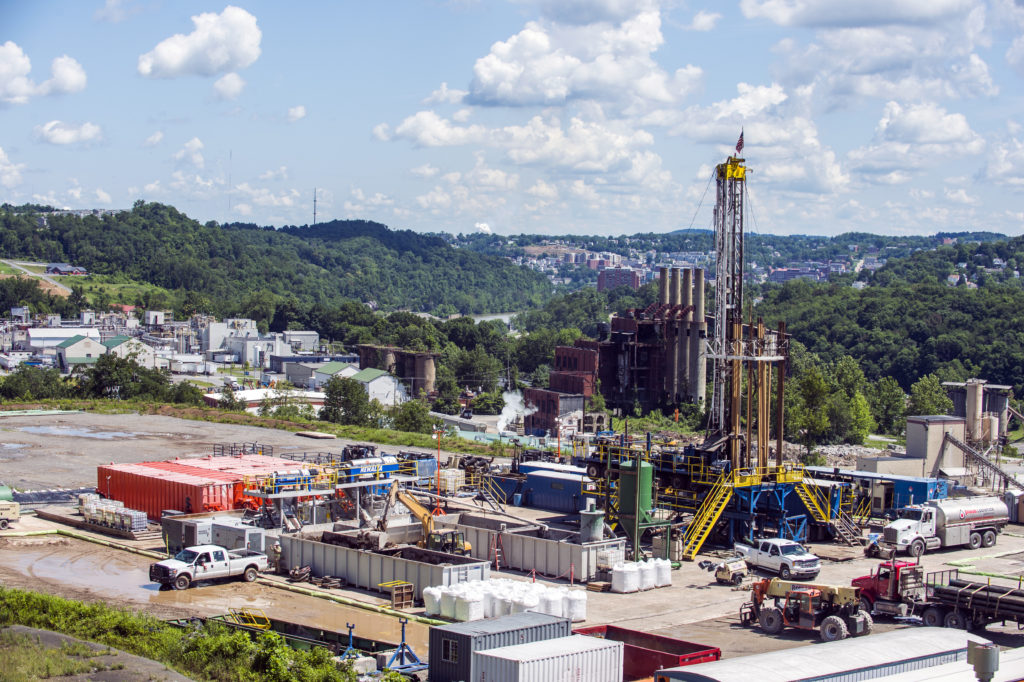West Virginia University has been drilling and fracking two research wells. They are using the same techniques that the industry uses and doing science on it all.
One conclusion they reached is that the cuttings (crushed rock brought to the surface) are not very radioactive at all. They believe this was influenced at least in part by using a particular drilling mud. The conclusion about radioactivity is interesting in light of the recent Kentucky investigation into the radioactivity levels of West Virginia fracking waste.
Another conclusion they reached was that produced water is not safe to drink or discharge into streams. No surprise there.
The nice thing about this project is that it’s not funded by either the industry or environmentalists. It’s paid for by the University. That doesn’t mean that someone on the team isn’t biased, but hopefully the science will be done with a minimum of bias. We’re looking forward to seeing more of their work reported in the future.

